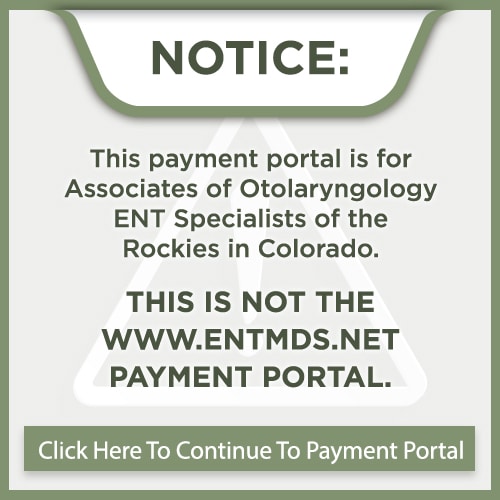How Loud is Too Loud?

Every day, we are exposed to noise that may or may not be damaging our hearing. While most daily noises are not enough to hurt our ears, it only takes one encounter with a noise that’s too loud to cause permanent damage to our hearing.
How Noise is Measured
Noise is measured in decibels (dB) with higher decibels showing higher noise levels. According to The Health and Safety Executive, noise levels above 105dB with exposure longer than 15 minutes, each week can cause permanent damage to your hearing. Noise between 80dB and 90dB can also cause damage if exposure lasts for hours every day.
Noises that Might be Damaging your Hearing
A noise that is above 80dB can come from a busy street or traffic, a lawnmower, shop tools, blender, or motorcycle. While you can encounter these sound levels on occasion, frequent exposure to these levels can result in hearing loss over time.
A noise that is above 105dB takes less exposure to cause hearing damage. Sound at or above this level can come from a live concert, cinema movie, nightclub, car race, chainsaw, plane taking off, gunshot, or firework. Taking precautions or avoiding these sounds can help protect your hearing.
How to Prevent Hearing Loss
You shouldn’t have to miss out on activities due to the fear of hearing loss! Some simple steps can be taken to protect your hearing during loud noise levels. Earplugs can protect your hearing during concerts, car races, or when shop tools being used. Taking regular breaks from these noise levels can also help your hearing by giving your ears some time to recover. if you’re listening to music with earbuds, you can follow the 60:60 rule by listening to your music at 60 percent for no longer that 60 minutes at a time. For music played through a radio or other sound system, keep the noise at a volume you do not have to raise your voice over.
Any noise that causes pain and ringing in your ears could result in hearing damage. To have your hearing checked for permanent damage and to learn more about hearing loss prevention, contact our office in the Denver, Lone Tree, or Castle Rock, CO area.




